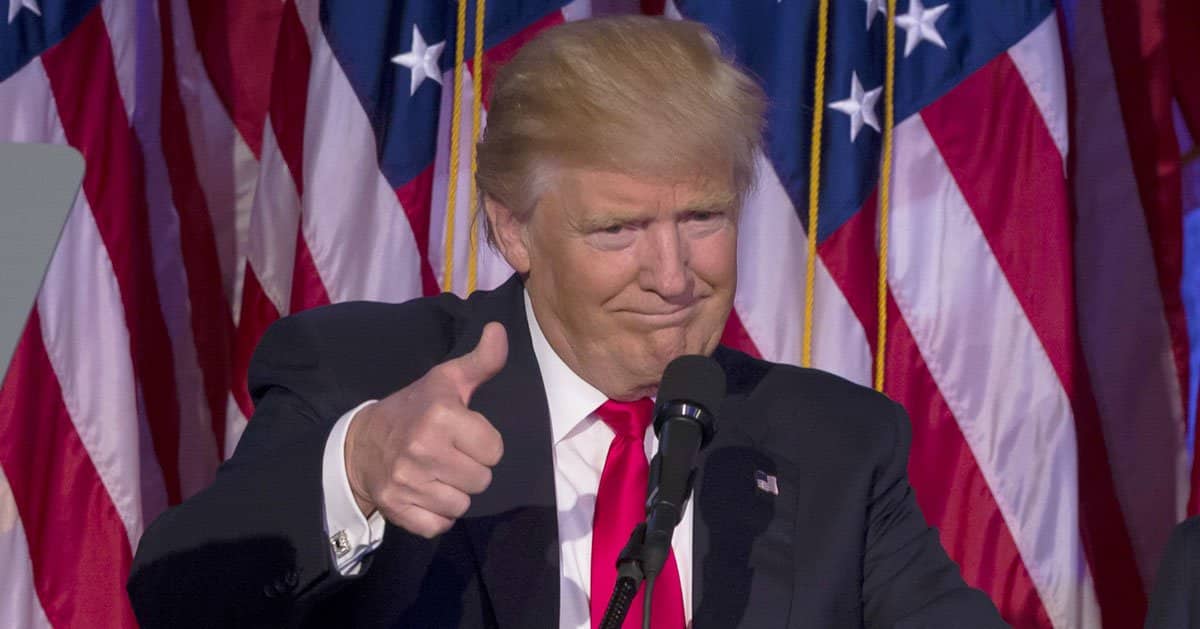




In a move that has sparked widespread debate, President Donald Trump issued pardons to 1,500 individuals associated with the January 6 Capitol riots, drawing harsh criticism from police organizations.
The New York Post reported that the decision has ignited controversy as major law enforcement groups protest the pardoning of individuals involved in violent actions against officers during the Capitol breach.
The executive order granting full pardons was signed by President Trump on a Monday night. The action extended clemency to individuals charged or convicted in relation to the January 6, 2021, events at the U.S. Capitol. Notably, several pardoned individuals faced severe charges, including assault on law enforcement officers who were defending the Capitol.
Following the executive order, significant backlash arose from the Fraternal Order of Police (FOP) and the International Association of Chiefs of Police.
These major police organizations issued a joint statement strongly condemning the decision. Their statement emphasized that acts against officers and public safety are fundamental threats to the rule of law.
According to the Department of Justice, defendants facing charges of assaulting officers during the riots numbered 608, among whom 174 were accused of employing deadly weapons or inflicting severe injuries.
The January 6 riots resulted in over 140 police officers from the Capitol Police and the Metropolitan Police Department being assaulted.
The day after defending the Capitol, Officer Brian Seltnick suffered multiple strokes and tragically passed away, underlining the lasting impact on those who served during the crisis.
The police organizations argue that by pardoning these individuals, accountability is severely undermined. In their words, releasing these individuals early "diminishes the sacrifices made by courageous officers and their families." This sentiment resonated among many in the law enforcement community, who view the pardons as a dangerous precedent.
Further adding to the controversy, President Trump's action included commuting 14 prison sentences. Among the beneficiaries was Stewart Rhodes, the founder of the far-right group Oath Keepers, known to be involved in the Capitol breach.
The move to issue pardons had its political motivations, as Trump aimed to fulfill a campaign promise that had been pivotal in his electoral strategy.
However, the decision seems to have had an adverse effect on his approval ratings, according to reports.
Despite the backlash, Trump defended his decision by expressing empathy for the individuals involved, noting that they had already endured substantial hardship. "These people have been destroyed," Trump remarked in the Oval Office.
Yet, this sentiment seemed not to align with the broader reaction from law enforcement groups, who highlighted the risk of sending a message that undermines the consequences of attacking officers. Such pardons could potentially embolden others, they warned.
The Fraternal Order of Police, which boasts a membership exceeding 377,000 law enforcement officials, had endorsed Trump in the previous three presidential elections. However, the current wave of discontent among the ranks could signify a shift in support.
Republicans now face a complex situation, as Trump's decision could polarize constituents between staunch supporters and those sympathetic to law enforcement grievances. The new division may have unpredictable consequences for future elections.
In light of these tensions, lawmakers and political analysts continue to discuss the long-term implications of the pardons. The question remains whether Trump's actions will galvanize his base or further alienate important allies.
The national conversation surrounding these pardons is far from over. Many Americans are grappling with the implications for justice and accountability, as the incident has touched broader societal issues regarding protest, security, and governance.
Policymakers and community leaders continue to engage in dialogues about the appropriate balance between presidential powers and the judicial process. There is an ongoing need to evaluate how pardons are issued, especially in cases involving violence and public safety.



